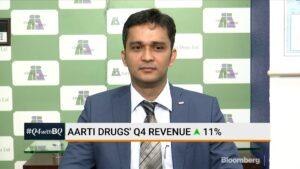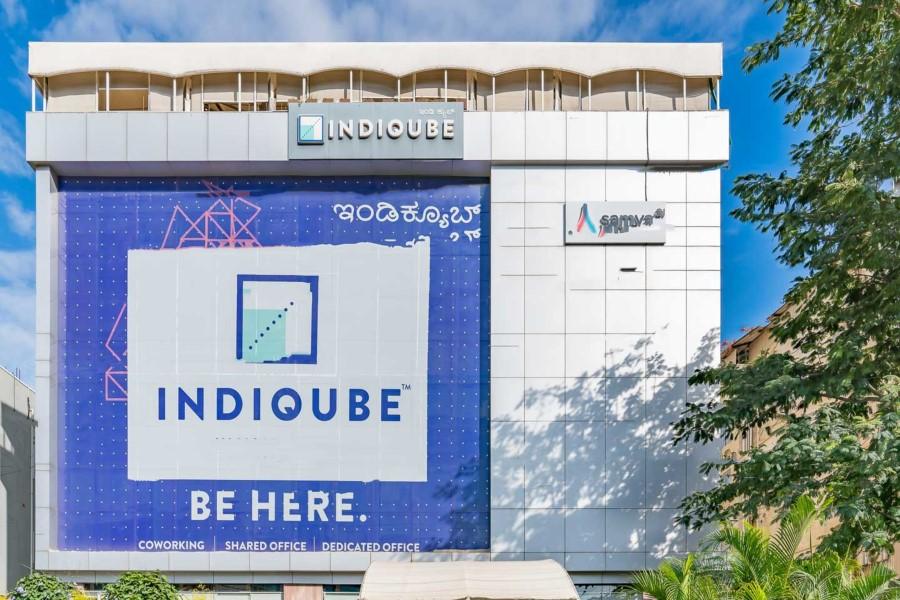1. At a Glance
IndiQube is all set to raise ₹700 crore through an IPO. But before they could throw a ribbon-cutting party, Twitter caught fire with allegations of personal expenses routed via the company and governance nightmares. Is this a coworking rocketship—or just startup deja vu with a side of drama?
2. Introduction with Hook
Imagine you’re about to board a shiny new aircraft. Polished exterior. Great in-flight menu. But as you buckle in, someone whispers—“the cockpit crew might have no flying license.” That, dear investor, is IndiQube in IPO mode.
- IPO Size: ₹700 crore
- Red Flag: Alleged personal expenses routed through company
- Core Business: Managed coworking spaces with 8.4 million sq. ft. under management
This could’ve been India’s clean, asset-light answer to WeWork. Instead, it’s starting to look like a governance horror story trying to sneak into your SIPs.
3. Business Model (WTF Do They Even Do?)
IndiQube operates in the managed office space segment—coworking, flexible leases, plug-and-play workstations. Think premium office-as-a-service.
- Number of properties: 100+
- Geographies: 14 cities, mostly metro-focused
- Total area: 8.4 million sq. ft.
- Occupancy: ~86%
- Clients: Startups, SMEs, unicorns, some enterprise
Their pitch is: you focus on your product; they’ll manage your real estate. You grow, they grow. Everyone’s happy—until the financial skeletons start doing cartwheels.
4. Financials Overview
Let’s get into the P&L dojo:
| Particulars | FY23 | FY22 | YoY Growth |
|---|---|---|---|
| Revenue (Ops) | ₹483 Cr | ₹305 Cr | +58% |
| EBITDA | ₹113 Cr | ₹63 Cr | +79% |
| EBITDA Margin | 23.4% | 20.7% | +270 bps |
| Net Profit (Loss) | ₹10.7 Cr | ₹(27) Cr | Positive |
| Debt | ₹275 Cr | ₹390 Cr | -30% |
Looks good. But even Excel can’t hide character issues. Numbers lie less than people, but they can be manipulated if no one’s watching.
5. Valuation
Using standard relative and DCF-based assumptions:
- Peers: Awfis (unlisted), WeWork India (in distress), Smartworks (private)
- EBITDA multiple assumption: 20x (generous for a red-flagged startup)
- FY26E EBITDA: ~₹200 Cr (assuming continued 30% growth)
- Enterprise Value: ₹4,000 Cr
- Less Net Debt (post IPO): ~₹50 Cr
- Equity Value: ~₹3,950 Cr
- Shares Outstanding (est): ~20 Cr
- Fair Value Range: ₹180–₹210 per share
But given governance concerns, apply a 30–40% discount. Realistic FV range: ₹125–₹145
6. What’s Cooking – News, Triggers, Drama
- #IndiQubeRedFlagged trended on FinTwit
- Allegations of personal expenses routed through corporate
- RHP’s Related Party Transactions section under the scanner
- Promoters silent, auditors mum
- ₹50 Cr OFS (exit for a promoter?) despite ongoing scaling
The vibes? Less startup growth, more boardroom soap opera.
7. Balance Sheet
| Particulars | FY23 |
|---|---|
| Net Worth | ₹600 Cr |
| Debt | ₹275 Cr |
| Cash & Equivalents | ₹40 Cr |
| Asset-light Claims | Sure, but 30% leased liabilities still exist |
| Debt/Equity | 0.46x |
Key Points:
- Lowering debt is a stated IPO goal
- Balance sheet is improving, but unclear how “clean” it really is
- No clarity yet on lease liabilities disclosure and related-party asset bookings
8. Cash Flow – Sab Number Game Hai
| Particulars | FY23 | FY22 |
|---|---|---|
| Cash from Ops | ₹79 Cr | ₹43 Cr |
| Capex | ₹(110)Cr | ₹(98)Cr |
| Free Cash Flow | ₹(31)Cr | ₹(55)Cr |
| Financing Cash Flow | ₹102 Cr | ₹131 Cr |
Key Points:
- Negative FCF due to expansion and leasing model
- Business isn’t self-sustaining yet
- IPO will plug short-term liquidity—but what happens after?
9. Ratios – Sexy or Stressy?
| Ratio | FY23 | FY22 |
|---|---|---|
| EBITDA Margin | 23.4% | 20.7% |
| Net Margin | 2.2% | -9% |
| ROE | 1.8% | -4.5% |
| ROCE | 9.1% | 6.2% |
| Debt/Equity | 0.46x | 0.95x |
| Interest Coverage | 2.3x | 1.6x |
Verdict: Slightly sexy on paper, but could be stressy post-IPO if expansion fizzles or rent contracts don’t renew.
10. P&L Breakdown – Show Me the Money
| Revenue Source | Share (%) | Notes |
|---|---|---|
| Leasing (Office Space) | 85% | Core business |
| Ancillary Services | 10% | Facilities, utilities |
| Others | 5% | Possibly variable/misc |
- Gross Margin healthy, but watch for rising lease expenses
- Limited diversification
- Heavy reliance on physical occupancy—macro downturn = pain
11. Peer Comparison
| Company | Revenue (FY23) | Net Profit | EV/EBITDA | Governance Score |
|---|---|---|---|---|
| IndiQube | ₹483 Cr | ₹10 Cr | 30x? | 😬 |
| Awfis (IPO filed) | ₹545 Cr | ₹25 Cr | ~28x | 🤐 |
| Smartworks | NA | NA | NA | Private |
Let’s be honest: it’s the blind leading the blind here. All are scaling. All are cash guzzlers. All claim to be “profitable next year.”
12. Miscellaneous – Shareholding, Promoters
- Founders: Rishi Das and Meghna Agarwal
- Promoter Stake Pre-IPO: ~75%
- Post IPO: Likely to drop to ~55–58%
- VC Investors: WestBridge, Angel networks
- OFS: ₹50 Cr by one of the promoters—classic “take money off the table before storm hits” move?
Promoter pedigree is decent—but silence on allegations is not a good look.
13. EduInvesting Verdict™
IndiQube had the chance to be India’s anti-WeWork: focused, lean, stable. Instead, it might be heading toward the same cautionary tale category. The business model isn’t the issue—it’s the governance. You can fix bad strategy. You can’t fix bad character.
Red flags flying. Transparency missing. Boardroom vibes: ‘yeh sab toh chalta hai’
Investors, ask yourself: Do you really want to be the guinea pig in another Indian startup IPO experiment?
Metadata
– Written by EduInvesting Research | 18 July 2025
– Tags: IndiQube IPO, Governance Red Flags, Startup IPOs, Coworking, Dalal Street Drama, RHP Analysis, Red Herring Alert, WeWork India, FinTwit Scandals, Corporate Governance India







